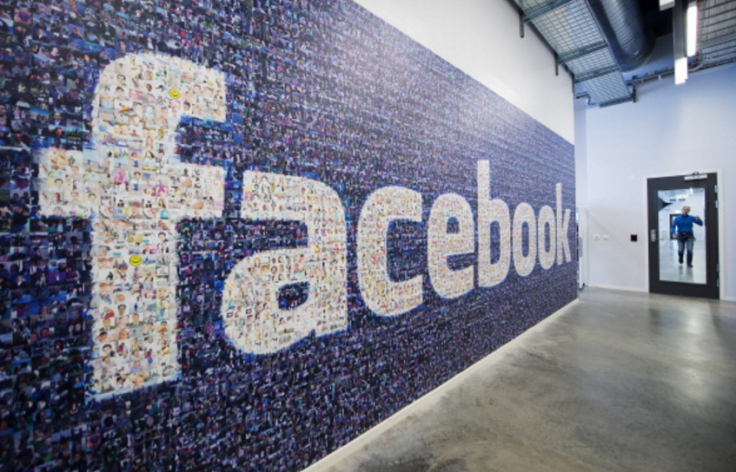Facebook AI Still Can’t Do Things Even A Baby Has Mastered

If you’re worried about Facebook artificial intelligence being able to recognize every part of your life or gaining sentience, that future is a long time away. While the company’s deep-learning lab has made great strides in facial recognition, its natural language systems are very much in their infancy, according to Yann Lecun, Facebook’s director of AI research, who is charged with the task of making the fruits of machine learning more humanlike.
Lecun, who spoke at the Wired Business Conference in New York Thursday, said more than 1 billion photographs are uploaded on Facebook every day. With such robust data, Facebook AI has gotten really good at recognizing faces. And Facebook AI is a routine component of one’s experience on the social network. Whether it’s boiling down 2,000 different news items or posts by friends to about 150 or suggesting a tag for a friend in a photo, that’s Facebook’s machine learning working in the background.
Image recognition, determining all the objects within a photo, is something Facebook’s AI does with relative ease. The company’s approach to machine learning is called deep learning, a popular route to AI also followed by Google and others. Deep learning employs algorithms to recognize patterns, learn from those patterns and complete sophisticated tasks. For Facebook, it could be tagging friends. For Google, it may be creating a program that plays the game Go well enough to beat human champions. And for IBM, it might mean better weather forecasts.
With Facebook joining the bot race, its AI program faces its next big challenge. Facebook Messenger’s bot can order pizza and manage all aspects of one’s flight itinerary, but it can’t quite interact in a way that makes you forget you’re talking to a program. Natural language understanding is in its early stages, but it’s making great advancements in recognizing patterns in text. Deep learning systems are currently the best at translating text, according to Lecun.
What’s next for AI is predictive learning to create an intelligent virtual assistant. With a small amount of experience, a baby can respond in a way that is unmatched by any AI. Facebook is hoping to close that gap by having AI observe humans, along with an open source approach to scientific research. Maybe in a few years, this open source approach to AI could lead to a program that is as good as or even better than a baby.
© Copyright IBTimes 2024. All rights reserved.






















